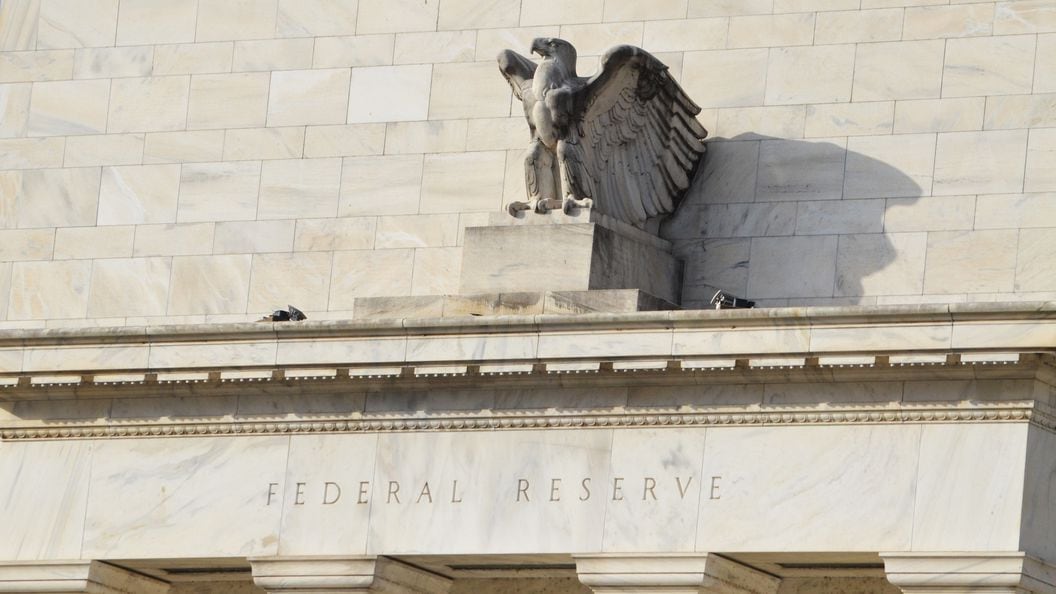(Bloomberg) -- The dollar’s monthslong surge is adding another blow to Southeast Asian stock markets, where investors are already retreating to sidestep slowing economic growth prospects in the region.
From Thailand and Indonesia to the Philippines, the region’s stock indexes have become the world’s worst-performing major benchmarks this year as concerns over the strong dollar and lack of domestic catalysts sent shares tumbling. The strengthening dollar could spur higher inflation and hurt exporters’ competitiveness.
On Tuesday, the benchmark Jakarta Composite Index fell to a three-year low, extending losses from a September peak to about 17%. The Stock Exchange of Thailand Index traded at a 2020-low level last week and is about 15% below its October high. The Philippine Stock Exchange Index entered a bear market last month.
“The lack of domestic catalyst in emerging Asia economies, such as Indonesia, Thailand and the Philippines, exacerbated by the strong dollar outlook, put pressure on the markets,” according to Jerry Goh, investment director of Asian equities at abrdn. “What needs to come is for the market to believe that there will be cuts in the US, as well as evidence that the dollar can be weakened from here on.”
The indexes’ underperformance compared to global peers can also be attributed to country-specific reasons. In Indonesia, some of the biggest stocks have been sold off after MSCI Inc. said it would not consider adding them to one of its indexes. The nation’s banking sector is also under pressure following weak corporate earnings.
READ: Prabowo Slams ‘Little Kings’ as Indonesian Budget Pushback Grows
Disappointing domestic economic data has dampened any upside in the Philippines, while Thailand’s government is calling for the central bank to deliver more rate cuts to support the economy as concerns grow about the sustainability of growth recovery.
The selloffs in Southeast Asian equity markets cast a contrasting tone from investors’ flight to the region last year with haven bets that their domestically oriented economies would shield them from global volatility. Still, the recent turn in the economic outlook and what investors view as a lack of upside catalysts have forced money managers to exit.





